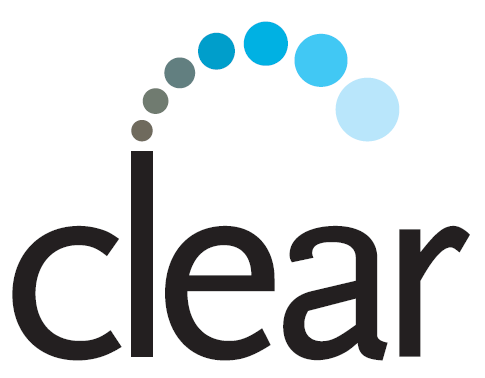

Clear

City of London, United Kingdom
November 2021
Environmental consulting
Service with Minor Environmental Footprint
Argentina,
Australia,
Austria,
Belgium,
Bermuda,
Brazil,
Cambodia,
Canada,
Cape Verde,
Chile,
Colombia,
Croatia (Hrvatska),
Cyprus,
Czech Republic,
Denmark,
Ecuador,
Egypt,
Finland,
France,
Germany,
Greece,
Hong Kong S.A.R.,
Hungary,
Iceland,
India,
Indonesia,
Ireland,
Israel,
Italy,
Japan,
Kenya,
Latvia,
Lithuania,
Luxembourg,
Malaysia,
Maldives,
Mauritius,
Namibia,
Nepal,
Netherlands The,
New Zealand,
Norway,
Peru,
Philippines,
Poland,
Portugal,
Qatar,
Singapore,
South Africa,
Spain,
Sweden,
Thailand,
United Arab Emirates,
United Kingdom,
United States
Clear has been busy fighting climate change since 2005. It offers every organisation in the world free access to its carbon audit tool, updated every year with the most accurate emissions factors available. It offers any organisation one free hour of environmental consultancy, with experience gained over many years consulting in 35 countries worldwide. Clear's carbon offsets are audited and certified by the highest standard in the world every 12 months through the QAS. All profits go back into the company whose sole purpose is to fight climate change.
Overall B Impact Score
Governance 16.7
Governance evaluates a company's overall mission, engagement around its social/environmental impact, ethics, and transparency. This section also evaluates the ability of a company to protect their mission and formally consider stakeholders in decision making through their corporate structure (e.g. benefit corporation) or corporate governing documents.
What is this? A company with an Impact Business Model is intentionally designed to create a specific positive outcome for one of its stakeholders - such as workers, community, environment, or customers.
Community 13.9
Community evaluates a company’s engagement with and impact on the communities in which it operates, hires from, and sources from. Topics include diversity, equity & inclusion, economic impact, civic engagement, charitable giving, and supply chain management. In addition, this section recognizes business models that are designed to address specific community-oriented problems, such as poverty alleviation through fair trade sourcing or distribution via microenterprises, producer cooperative models, locally focused economic development, and formal charitable giving commitments.
Environment 56.0
Environment evaluates a company’s overall environmental management practices as well as its impact on the air, climate, water, land, and biodiversity. This includes the direct impact of a company’s operations and, when applicable its supply chain and distribution channels. This section also recognizes companies with environmentally innovative production processes and those that sell products or services that have a positive environmental impact. Some examples might include products and services that create renewable energy, reduce consumption or waste, conserve land or wildlife, provide less toxic alternatives to the market, or educate people about environmental problems.
What is this? A company with an Impact Business Model is intentionally designed to create a specific positive outcome for one of its stakeholders - such as workers, community, environment, or customers.
Customers 3.7
Customers evaluates a company’s stewardship of its customers through the quality of its products and services, ethical marketing, data privacy and security, and feedback channels. In addition, this section recognizes products or services that are designed to address a particular social problem for or through its customers, such as health or educational products, arts & media products, serving underserved customers/clients, and services that improve the social impact of other businesses or organizations.